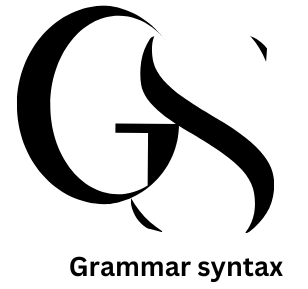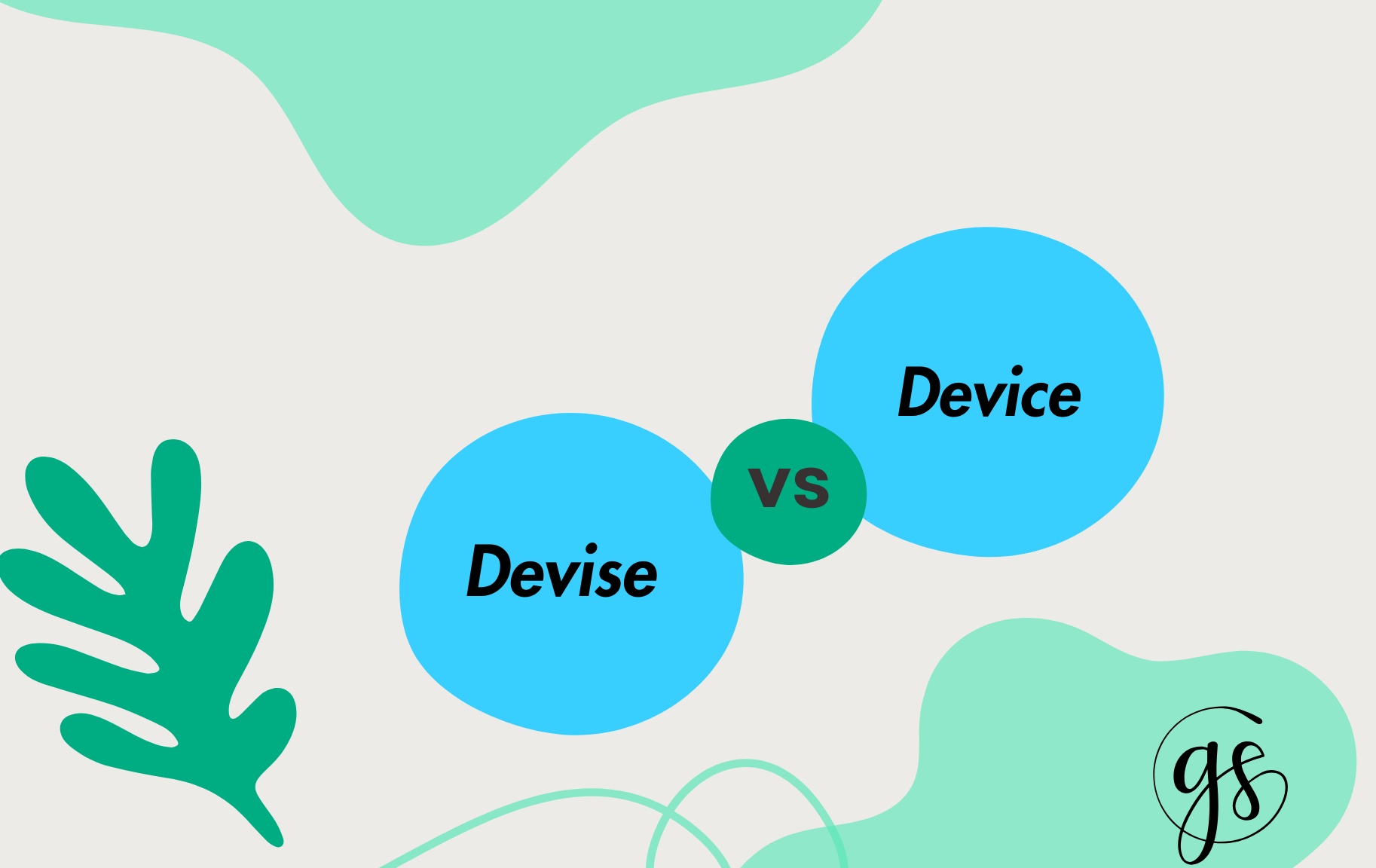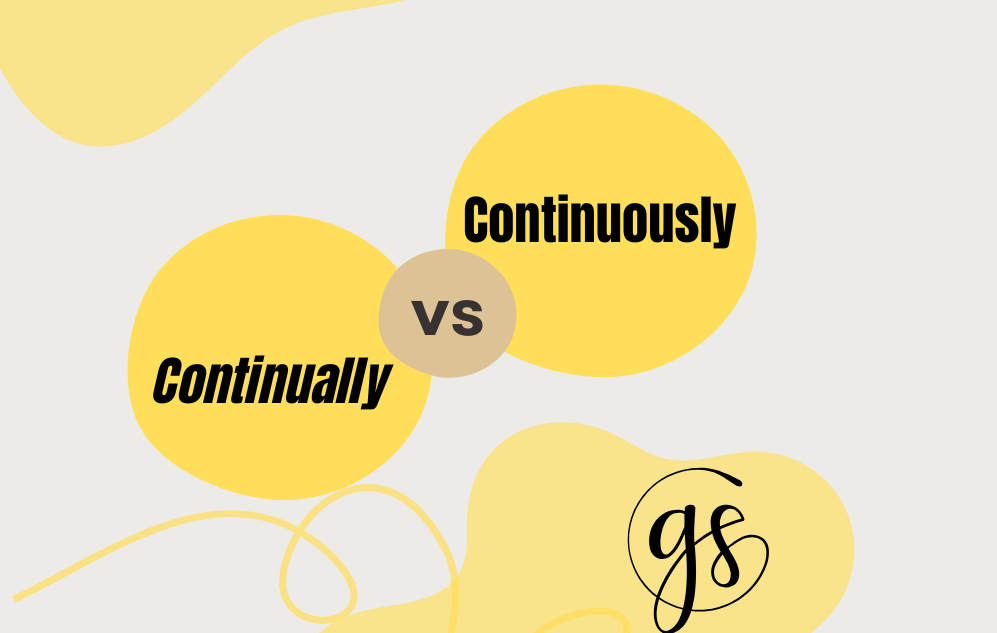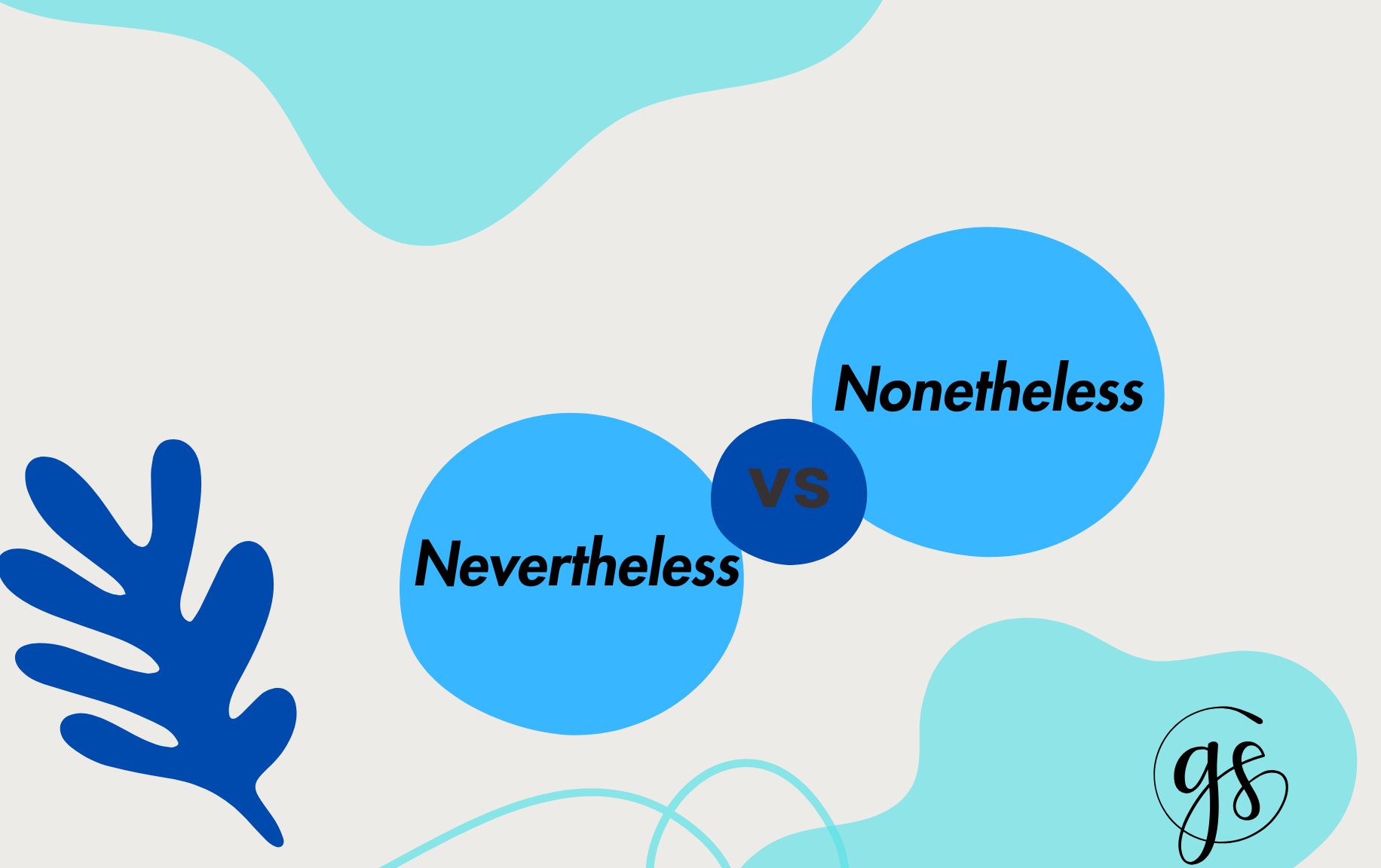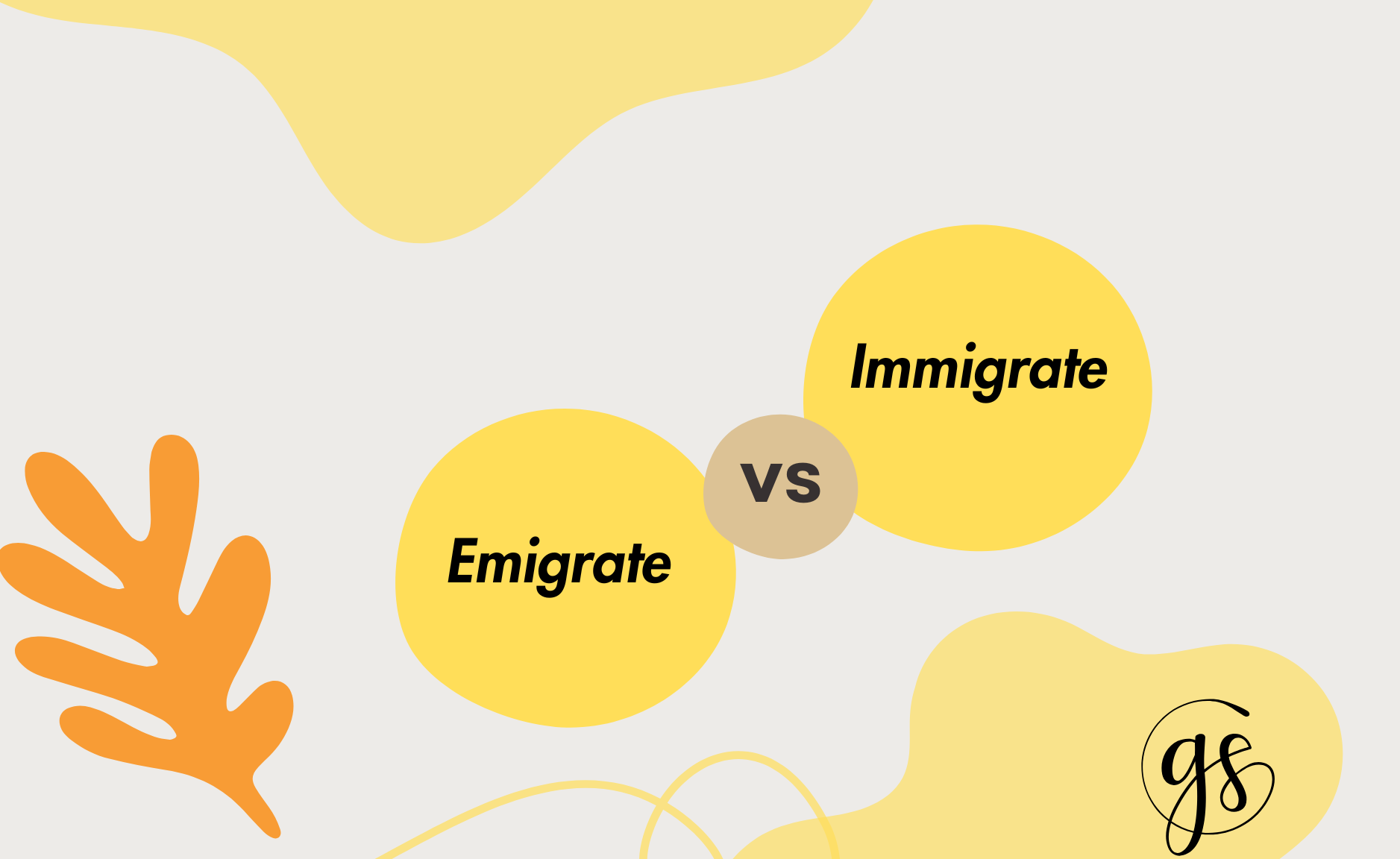Introduction
In the world of writing, clarity is essential, yet even seasoned wordsmiths can find themselves tangled in the web of similar-sounding terms.
Devise or Device meaning
Devise means to create or plan something. It often refers to coming up with a new idea or solution. Devise is about making plans.
Device means to a tool or machine designed for a specific purpose. It can be anything from a smartphone to a kitchen gadget. Device is about physical tools.
Devise or Device Usage
A devise is a plan or method for achieving something. It often involves creativity and problem-solving. For example, you might devise a new way to organize your workspace.
A device is a tool or piece of equipment designed for a specific purpose. This can include gadgets like smartphones, computers, or kitchen appliances. For instance, a smartphone is a device that helps you communicate and access information easily.
In short, a devise is a strategy or idea, while a device is a physical tool used to perform tasks.
Examples: The word devise refers to the act of planning or inventing a complex procedure, system, or mechanism.
Device, Statement: Metaphors can enhance descriptive writing.
Example: Instead of saying, The night was dark, a writer might say, The night swallowed the world in its inky embrace.
Devise synonyms Devise Antonyms
| Devise synonyms | Devise antonyms |
|---|---|
| Arrange | Ruin |
| Construct | Destroy |
| Craft | Disorder |
| Create | Forget |
| Design | Ignore |
Device synonyms Device Antonyms
| Device synonyms | Device antonyms |
|---|---|
| Widget | Manual |
| Appliance | Natural means |
| Approach | Spontaneity |
| Scheme | Simplicity |
| Figurative device | Literal language |
| Figurative language |
Word Origin
The word device comes from the Latin word divisus, which means to divide. It entered English in the 14th century, referring to a plan or arrangement.
The word devise also has roots in Latin, from divisare, meaning to plan or arrange. It appeared in English around the same time and often refers to creating or inventing something.
Both words share a common theme of planning and creating, but device usually refers to a physical object, while devise focuses on the action of planning.
Conclusion
Understanding the distinction between devise and device is crucial for effective communication. While devise refers to the process of creating or planning something, device denotes a tangible tool or instrument designed for a specific purpose. Misusing these terms can lead to confusion and misinterpretation in both written and spoken language.
FAQs
what is difference between device and devise?
The terms devise and device are often confused due to their similar spellings and pronunciations, but they have distinct meanings. Devise is primarily a verb that means to plan or invent something through careful thought. For example, you might devise a strategy for a project or devise a new recipe in the kitchen. It emphasizes the act of creating or formulating ideas.
Is ‘device’ only related to technology?
No, while often associated with technology, ‘device’ can refer to any object designed for a specific purpose, including tools and instruments.
Can I use ‘devise’ in legal contexts?
Absolutely! In legal terms, ‘devise’ can refer to the act of leaving property or assets to someone in a will.
How do I remember the difference between ‘devise’ and ‘device’?
Remember that ‘devise’ has an “s” like “strategy,” which relates to planning; whereas ‘device’ has a “c” like “contraption,” relating to objects or tools.
